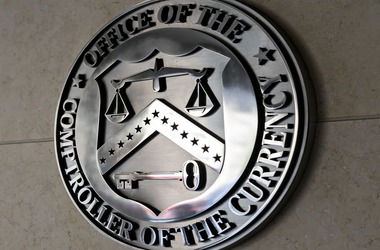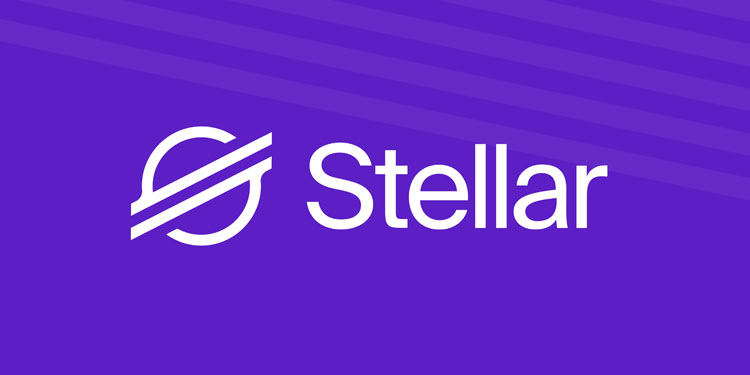 The US Treasury’s Office of the Comptroller of the Currency has informed the country’s banks that they can start running standalone nodes that support distributed ledger networks.
The US Treasury’s Office of the Comptroller of the Currency has informed the country’s banks that they can start running standalone nodes that support distributed ledger networks.
Citing independent node validation systems, the OCC’s elucidative letter states that banks “may use new technologies, including INVNs and related stablecoins, to perform bank-permissible functions, such as payment activities.”
The announcement made by OCC has huge implications considering the uncertain environment in which stablecoins and even crypto sector operate. Nevertheless, the office has cautioned about likely cyber-attacks:
“Banks must also be aware of potential risks when conducting INVN-related activities, including operational risks, compliance risk, and fraud. New technologies require enough technological expertise to ensure banks can manage these risks in a safe and sound manner.”
Since May, the former head of Coinbase’ legal office, Brian Brooks, has been performing as the Acting Comptroller of the Currency. The office, during his term in office, has published numerous rules directing bank to play an active role in crypto domain.
In recent times, the office had prohibited banks from terminating services offered to legitimate firms focused on crypto.
The Blockchain Association, well-known team of lobbyists, has highlighted that “The letter states that blockchains have the same status as other global financial networks, such as SWIFT, ACH, and FedWire.”
1/ 🚨🚨🚨 @USOCC just released a 3rd interpretive letter re: crypto networks and banks.
Big point: the letter explains that banks have the ability to connect directly with blockchains.
This is yet another notable, pro-crypto move from @USOCC.https://t.co/YnRI00qn5x
— Blockchain Association (@BlockchainAssn) January 4, 2021
Similar leading platforms for global payments had to rework their strategy and technology to stay relevant in this era, which is increasingly dominated by blockchain platform based payments.
The guidance has been issued soon after a distinct team of regulators laid out fresh rules for stablecoin issuers just before Christmas. Last month, discussion about legality of stablecoin in the US has gained prominence, specifically after Congresswoman Rashida Tlaib tabled a bill that proposed to prohibit all kinds of operations related to a stablecoin network, including running of nodes by individuals, for illustration, running Ethereum blockchain nodes that handle DAI transactions.








